What are the different cat breeds?
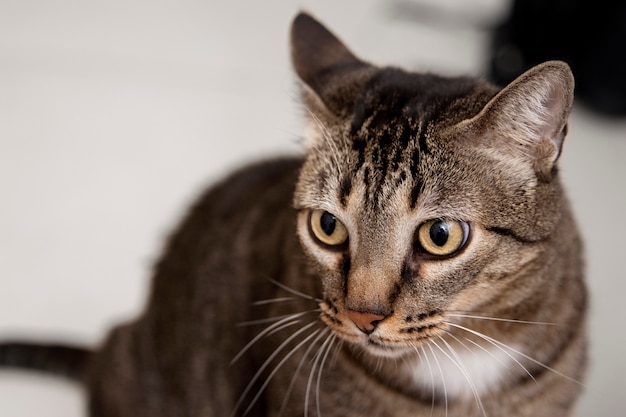
The world of feline breeds is incredibly diverse! Forget just tabby cats and ginger cats; there's a breathtaking array of breeds, each with its own unique characteristics. We're talking hundreds of recognised breeds, and even more variations within those breeds, all stemming from centuries of selective breeding. Organisations like the Cat Fanciers' Association (CFA) and the Governing Council of the Cat Fancy (GCCF) maintain breed standards, but the sheer variety means you'll find cats of all shapes, sizes, and temperaments.
Consider the coat: short, medium, or long; sleek and smooth, or fluffy and plush. Then there's the colour – from classic tabby markings and solid colours to striking bicolours, tortoiseshells, and calicoes. Body type also varies significantly, from the robust build of a Maine Coon to the elegant slenderness of a Siamese. Each breed boasts its own distinctive physical features and, crucially, personality traits.
| Breed Group (Example) | Examples | Key Characteristics (General) |
|---|---|---|
| Short-haired | Abyssinian, American Shorthair, British Shorthair | Low-maintenance grooming, often active and playful |
| Long-haired | Persian, Maine Coon, Ragdoll | High-maintenance grooming, range of temperaments |
| Oriental | Siamese, Oriental Shorthair | Sleek coats, often vocal and intelligent |
| Other (Unique Features) | Scottish Fold (folded ears), Sphynx (hairless), Bengal (spotted coat) | Highly variable; research specific breed characteristics |
What are some popular cat breeds and their characteristics?
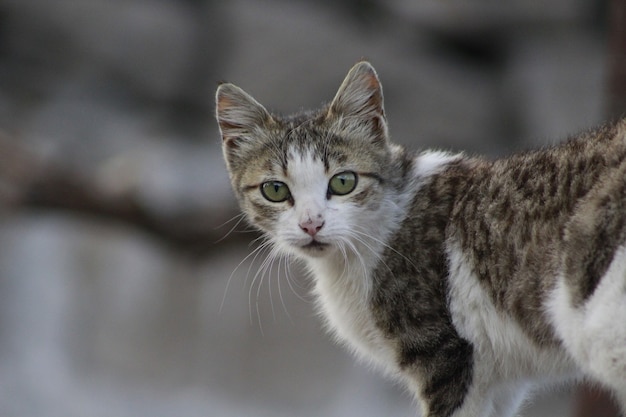
Let's delve into some of the most beloved feline breeds. The Persian, with its luxuriously long, flowing coat and sweet disposition, is a classic choice. They are often described as gentle and affectionate, enjoying a quiet life of pampering and cuddles. Their calm nature makes them suitable for many households. In contrast, the Siamese, famous for its striking blue almond-shaped eyes and distinctive pointed coat, possesses a more energetic and vocal personality. These intelligent cats crave attention and interaction, often forming strong bonds with their owners.
The Maine Coon, a truly majestic breed, is known for its large size, shaggy coat, and tufted ears. These gentle giants are surprisingly playful for their size and are generally tolerant and friendly, making them great family pets. The Ragdoll, with its beautiful blue eyes and semi-longhair coat, lives up to its name: these cats are remarkably relaxed and will often go limp in your arms like a, well, rag doll! Their docile temperament and affectionate nature make them popular companions.
| Breed | Key Physical Characteristics | Key Temperament Characteristics |
|---|---|---|
| Persian | Long, plush coat, round face | Docile, affectionate, calm |
| Siamese | Short, sleek coat, pointed coloration, blue almond eyes | Intelligent, vocal, playful, demanding |
| Maine Coon | Long, shaggy coat, tufted ears, large size | Gentle, playful, friendly, tolerant |
| Ragdoll | Semi-longhair, blue eyes | Relaxed, docile, affectionate |
What are the hypoallergenic cat breeds?
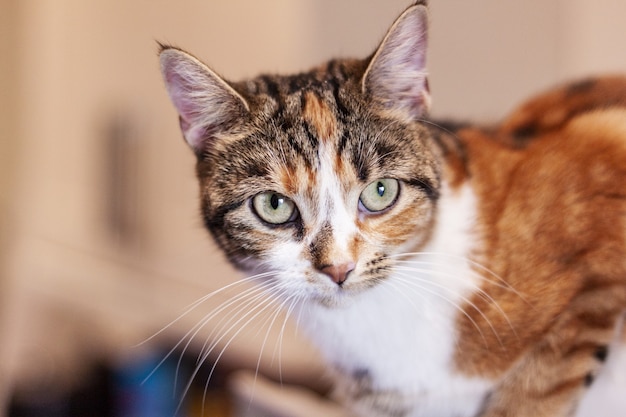
The term "hypoallergenic cat" is a bit of a misnomer. All cats produce Fel d 1, a protein in their saliva and dander (dead skin cells) that triggers allergies in some people. However, some breeds produce less Fel d 1 than others, making them a potentially better choice for allergy sufferers. This is often linked to coat type and grooming habits. Shorter coats mean less shedding, and certain breeds are known for meticulous grooming.
Breeds often mentioned in discussions of hypoallergenic cats include the Siberian, the Bengal, the Devon Rex, and the Cornish Rex. Even with these breeds, it’s crucial to spend time with the cat before adopting to determine your personal reaction. Consider a trial period to see if you experience any allergic symptoms.
| Breed | Reason for Lower Allergy Potential (Often Cited) | Important Note |
|---|---|---|
| Siberian | Lower Fel d 1 production | Individual variation still occurs |
| Bengal | Short, sleek coat, less shedding | Allergic reactions can still happen |
| Devon Rex & Cornish Rex | Unique coat types that shed less | Always test for allergies before adoption |
Which cat breeds are best for first-time owners?
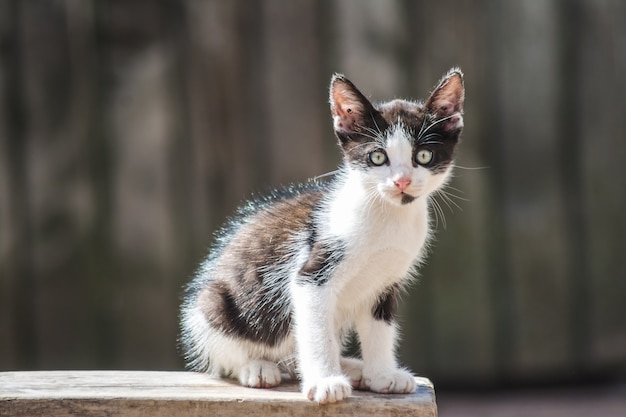
For first-time cat owners, choosing a breed with a forgiving and adaptable personality is paramount. The American Shorthair is an excellent choice; they are known for their hardy constitution, adaptability, and generally easy-going nature. Their relatively low-maintenance grooming needs are also a bonus for beginners. The Ragdoll, with its famously placid and tolerant disposition, is another popular option. Their calm temperament makes them less likely to get into mischief and easier to manage.
It's wise to avoid breeds known for being highly demanding or having intense grooming needs. Researching potential breeds thoroughly and considering your own lifestyle and experience level will help you select a feline friend who will thrive in your home. A cat’s personality is as important as its looks!
| Breed | Suitable for Beginners Due To... |
|---|---|
| American Shorthair | Hardy, adaptable, easy-going, low-maintenance grooming |
| Ragdoll | Calm, tolerant, affectionate temperament |
What are some rare or unusual cat breeds?
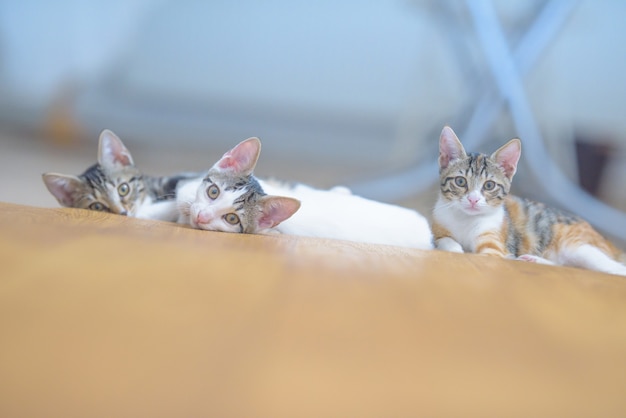
Beyond the well-known breeds, a fascinating world of rare and unusual cats awaits. The Lykoi, or "werewolf cat," is instantly recognisable by its partially hairless coat, which gives it a distinctive, almost mythical appearance. The Peterbald, another hairless breed, is characterised by its delicate frame and unique appearance. These cats often require specialised care due to their unique coats.
The Khao Manee, a breed originating from Thailand, boasts striking odd-eyed heterochromia (one blue eye, one green or yellow eye), a truly captivating feature. Finding reputable breeders for these less common breeds is crucial, and you should be prepared for potentially higher adoption costs due to their rarity.
| Breed | Distinguishing Feature(s) |
|---|---|
| Lykoi | Partially hairless coat, "werewolf" appearance |
| Peterbald | Hairless or nearly hairless coat, slender build |
| Khao Manee | Odd-eyed (heterochromia iridum) |
How do I choose the right cat breed for my lifestyle?
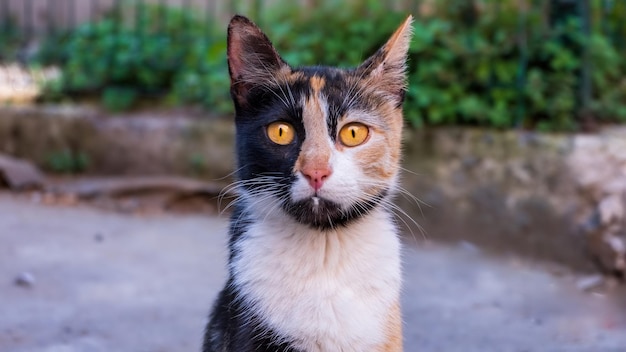
Choosing the right cat breed is a deeply personal decision, and it’s crucial to consider your own lifestyle and living situation. Do you live in a bustling city apartment or a spacious country home? A high-energy breed may not flourish in a confined space, while a more laid-back cat might find a large, stimulating environment too overwhelming. Consider the amount of time you can dedicate to grooming and playtime. Long-haired breeds necessitate significantly more grooming than their short-haired counterparts.
Reflect on your personality, too. Are you an active individual, always on the go, or do you prefer a quieter existence? A highly playful cat will demand substantial interaction, whereas a more independent breed may be better suited to a busier owner. Thorough research and honest self-assessment are key to a happy and harmonious cat-owner relationship.
| Lifestyle Factor | Breed Considerations |
|---|---|
| Living Space | Small space: calmer, less active breeds; Larger space: more active breeds |
| Activity Level | Active owner: playful, energetic breeds; Less active owner: more independent breeds |
| Grooming Time | Limited time: short-haired breeds; Plenty of time: long-haired breeds |
| Children/Other Pets | Consider breeds known for tolerance and patience |
What are the differences between long-haired and short-haired cat breeds?
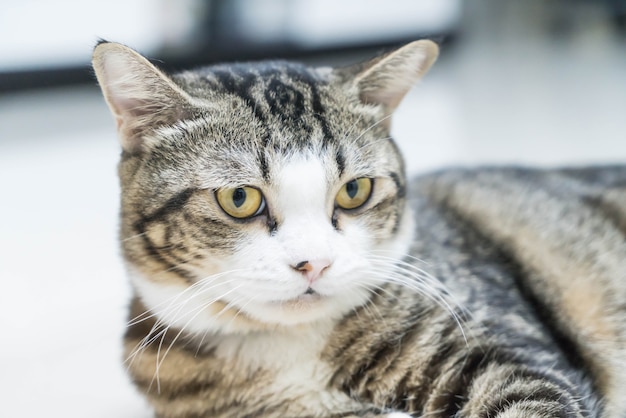
The most apparent difference lies in their coats! Long-haired cats require considerably more grooming than their short-haired counterparts. Daily brushing is often necessary to prevent matting, tangles, and the formation of dreaded furballs. Regular professional grooming might be advisable for some breeds. Short-haired cats, conversely, generally need only occasional brushing (once or twice a week). This difference significantly impacts the time commitment involved in pet ownership.
Beyond grooming, there can be subtle differences in temperament, though these are not definitive. Some believe that long-haired breeds tend towards a more laid-back temperament, while short-haired breeds can be more energetic and playful. Individual personalities, however, greatly outweigh any generalised breed tendencies.
| Characteristic | Long-haired | Short-haired |
|---|---|---|
| Grooming Needs | High maintenance (daily brushing often required) | Low maintenance (weekly brushing usually sufficient) |
| Shedding | More significant shedding | Less shedding |
| Coat Care Costs | Higher (grooming supplies, potential professional grooming) | Lower |
What are some cat breeds known for their specific temperaments (e.g., playful, cuddly, independent)?
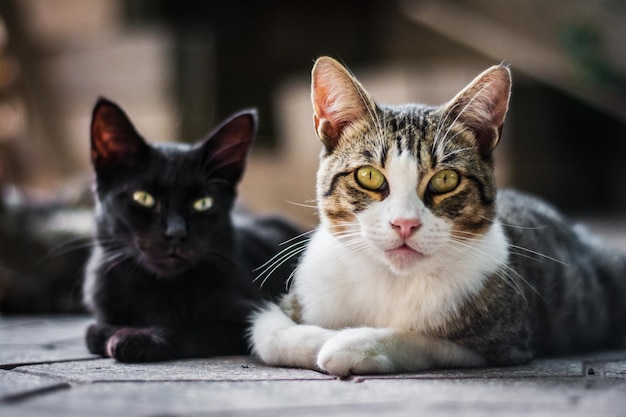
Certain breeds are associated with specific personality traits, though individual variation always exists. Abyssinians are renowned for their playful and mischievous natures – they're bundles of energy always ready for a game! Ragdolls, with their gentle and placid personalities, are exceptionally affectionate and enjoy cuddling. They are often described as being remarkably tolerant and relaxed.
On the other hand, breeds like the Siberian often display a more independent and self-reliant temperament, though they are still capable of forming strong bonds with their owners. These are simply common tendencies; each cat possesses its own unique personality. Meeting the cat before committing to adoption provides the best understanding of its individual temperament.
| Breed | Typical Temperament Traits (Generalisations) |
|---|---|
| Abyssinian | Playful, energetic, mischievous |
| Ragdoll | Docile, affectionate, calm, cuddly |
| Siberian | Independent, self-sufficient, yet capable of strong bonds |
| Bengal | Active, playful, intelligent, sometimes demanding |
What are the grooming needs of different cat breeds?
Grooming requirements vary extensively depending on coat type and length. Long-haired breeds, such as Persians and Maine Coons, demand significant grooming attention. Daily brushing is often a necessity to prevent matting, tangles, and furballs. Regular professional grooming may also be required. Short-haired breeds, such as the American Shorthair or Abyssinian, generally need less frequent brushing, usually once or twice a week. Hairless breeds, like the Sphynx, require a different approach: regular baths are needed to keep their skin clean and healthy.
Beyond coat care, all cats require regular nail trimming, ear cleaning, and dental care. Specific grooming needs for each breed should be researched thoroughly before bringing a cat into your home.
| Coat Type | Grooming Frequency | Additional Considerations |
|---|---|---|
| Long-haired | Daily brushing, potentially professional grooming | Regular detangling, potential for matting |
| Short-haired | Weekly brushing | Less maintenance but still requires regular care |
| Hairless | Regular bathing | Skin care is crucial, potential for sun sensitivity |
Everyone is watching
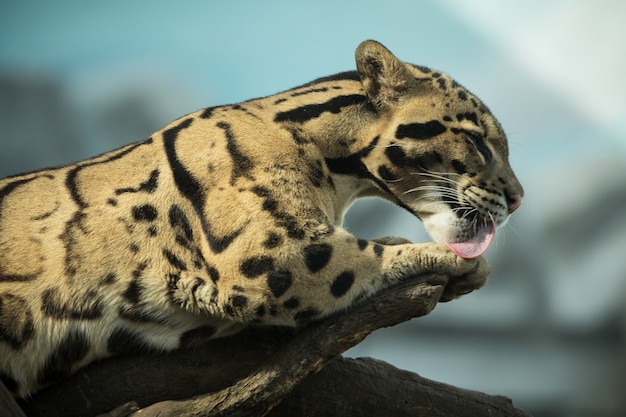
Savannah Cat Information
CATS & KITTENSSavannah Cat Information: A Comprehensive GuideSavannah cats, a captivating hybrid breed resulting from the crossbreeding of a domestic cat and a serv...
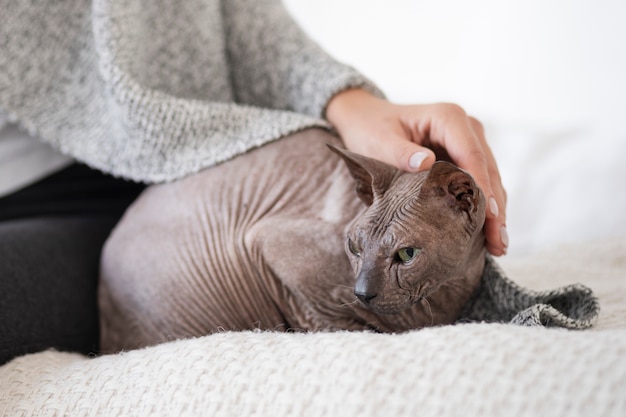
Sphynx Cat Breed Information
CATS & KITTENSSphynx Cat Breed InformationThe Sphynx cat, instantly recognizable for its lack of a traditional coat, is a captivating breed that charms owners with ...
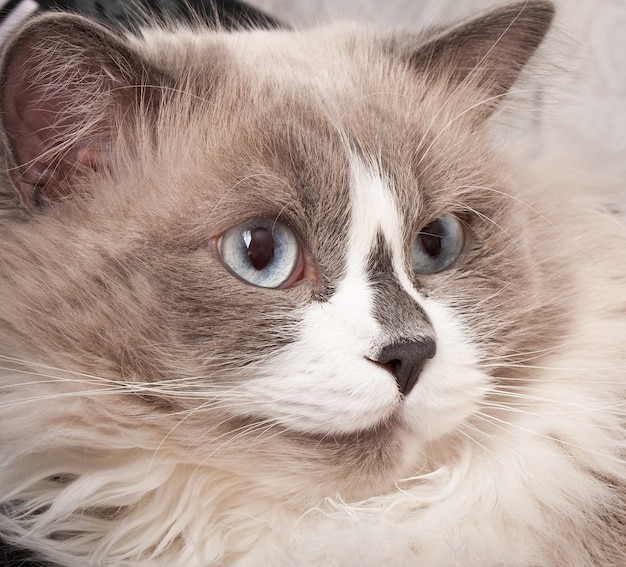
Munchkin Cat Breed Information
CATS & KITTENSMunchkin Cat Breed InformationThe Munchkin cat, instantly recognizable for its charmingly short legs, is a breed that captivates many with its unique ...
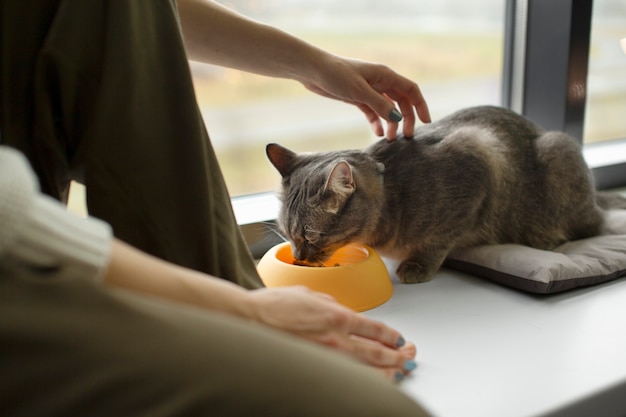
what do cats eat?
CATS & KITTENSThis comprehensive guide delves into the essential aspects of feline nutrition, providing vital information for cat owners seeking to ensure their pet...
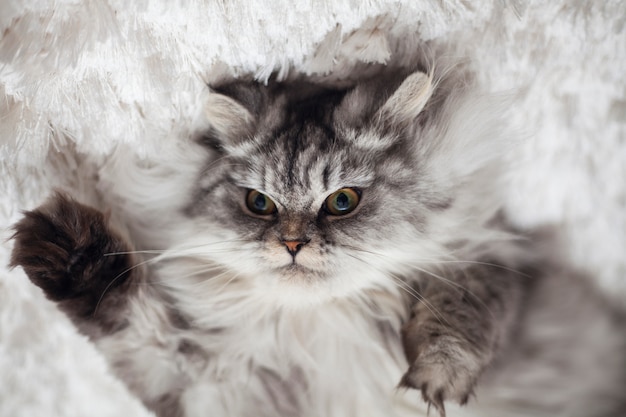
Persian Cat Characteristics and Temperament
CATS & KITTENSPersian Cat Characteristics and TemperamentPersian cats, with their captivatingly luxurious coats and serene demeanour, hold a special place in the he...
Latest articles
-

Sphynx Cat Breed Information
CATS & KITTENSSphynx Cat Breed InformationThe Sphynx cat, instantly recognizable for its lack of a traditional coat, is a captivating breed that charms owners with ...
-

Savannah Cat Information
CATS & KITTENSSavannah Cat Information: A Comprehensive GuideSavannah cats, a captivating hybrid breed resulting from the crossbreeding of a domestic cat and a serv...
-

Persian Cat Characteristics and Temperament
CATS & KITTENSPersian Cat Characteristics and TemperamentPersian cats, with their captivatingly luxurious coats and serene demeanour, hold a special place in the he...
-

Munchkin Cat Breed Information
CATS & KITTENSMunchkin Cat Breed InformationThe Munchkin cat, instantly recognizable for its charmingly short legs, is a breed that captivates many with its unique ...
-

What are the Different Cat Breeds
CATS & KITTENSWhat are the different cat breeds?The world of feline breeds is incredibly diverse! Forget just tabby cats and ginger cats; there's a breathtaking ar...
